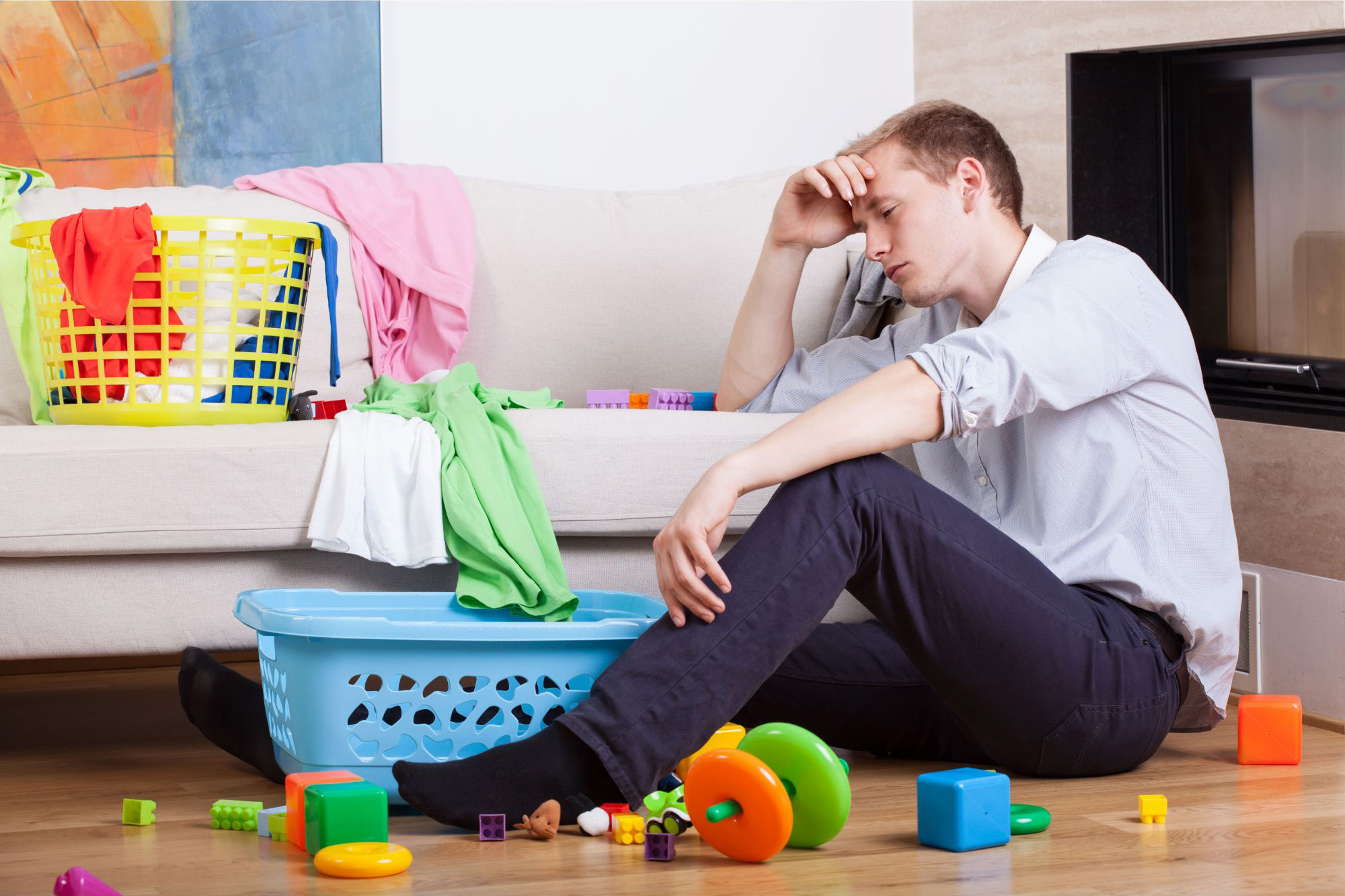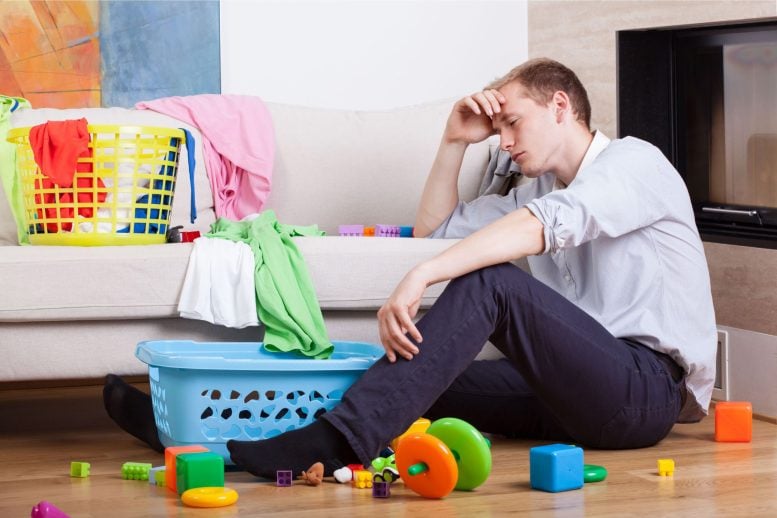

A low-cost and scalable intervention for Pakistani families is set to expand nationally.
A recent study from the Centre for Addiction and Mental Health (CAMH), in partnership with top researchers in Pakistan, has shown the success of an integrated psychosocial intervention designed to enhance parenting skills and alleviate depression symptoms. The treatment proved effective in addressing male postpartum depression (PPD) among a group of Pakistani fathers, leading to improvements in both paternal mental health and child development outcomes.
“Male mental health, and especially postpartum depression in fathers, remains a stigmatized and understudied area,” says Dr. Ishrat Husain, the study’s lead investigator and senior scientist at CAMH. “Historically, the focus has rightfully been on maternal health during pregnancy and postpartum. However, we’re learning that men also experience substantial emotional challenges as they adapt to new parental roles and are in need of support.”
Globally, around 10 percent of fathers are affected by PPD, and in societies like Pakistan, where more traditional gender roles dominate, depression rates are even higher, potentially as high as 23.5 percent.
Study Overview and Methodology
Published in JAMA Psychiatry, the study involved 357 fathers from low-income households in Pakistan. Fathers were randomly assigned to receive either standard care or participate in the four-month Learning Through Play Plus Dads (LTP + Dads) program, a parenting and mental health initiative adapted from a similar program for Pakistani mothers.

Fathers in the LTP + Dads program were provided with calendars detailing child development stages and activities to encourage parent-child engagement. They also attended 12 group sessions led by community health workers and psychologists. These sessions combined cognitive behavioral therapy to help manage depressive symptoms with life skills training in topics including time management and emotional regulation. Sessions took place weekly for the first two months, then bi-weekly.
The study’s findings reveal that the intervention not only led to a full remission of depressive symptoms in over 70 percent of fathers with PPD over four months, but also had a positive impact on household dynamics and child social and emotional development. Fathers who completed the program also showed improvements in well-being, and enhanced relationships with their children and partners. Children in these households also demonstrated improvements in social and emotional development. These findings echo previous trials with mothers, reinforcing the idea that addressing mental health in both parents is key to positive family outcomes.
Personal Impact on Participants
The personal stories shared by participants underscore the impact of the program: “I used to get aggressive with my family, including my children,” recounted one father who took part in the study. “My child wasn’t close to me; he was attached to his mother. Now, I understand why. I used to think a young child couldn’t understand what was happening around him, but I was wrong. He can not only understand and feel, it also affects him.”
“Parenting plays a fundamental role in shaping a child’s personality and their ability to handle stress later in life,” adds Dr. Husain. “We noticed that as a father’s depressive symptoms improved, social support for both the father and the family improved. This suggests that when people receive training and education about their mental health, they are more able and willing to seek support from their network of friends, family members, and colleagues.”
One of the study’s most interesting findings was a reduction in intimate partner violence. In the study, fathers receiving the intervention reported lower scores on a measure of perpetrated intimate partner violence at the end of the treatment period compared to those receiving treatment as usual. “This data suggests that the LTP + Dads intervention may reduce the risk of such violence in Pakistani fathers experiencing PPD, leading to healthier family environments overall,” says Dr. Husain.
Dr. Husain believes that this model could have similar success in diverse settings, including Canada, where cultural and social pressures also create barriers to seeking mental health support for men. “Similar patterns of male PPD likely occur in Canada, which we know is a melting pot of different cultures,” he explains. “Stigma, cultural beliefs, and the high demand for mental health services often prevent fathers from seeking the help they need. Programs like LTP + Dads could be transformative for men in their transition to parenthood by introducing accessible support and educational services that provide a safe space to process emotions.”
Funding for this study was provided by Grand Challenges Canada and conducted in close collaboration with the Pakistan Institute of Living and Learning (PILL), the country’s largest non-governmental mental health research organization. Building on the success of the initial study, Dr. Husain and the team at PILL have received $2M in further funding to expand the program nationwide. They are currently scaling the study to include nearly 4,000 fathers and their partners. This expansion means that soon, close to 8,000 parents experiencing depression will have received the Learning Through Play Plus intervention across Pakistan. The team’s long-term goal is to make this program a routine part of mental health care in Pakistan. The ultimate goal is to apply this work to other populations, aiming to achieve similar outcomes for parents and their children globally.
Reference: “A Group Parenting Intervention for Male Postpartum Depression: A Cluster Randomized Clinical Trial” by M. Ishrat Husain, Tayyeba Kiran, Rabia Sattar, Ameer B. Khoso, Ming Wai Wan, Daisy R. Singla, Madeha Umer, Rabdino Mangrio, Paul Bassett, Imran B. Chaudhry, Shehla N. Zafar, Farhat A. Jafri, Nasim Chaudhry and Nusrat Husain, 2 October 2024, JAMA Psychiatry.
DOI: 10.1001/jamapsychiatry.2024.2752